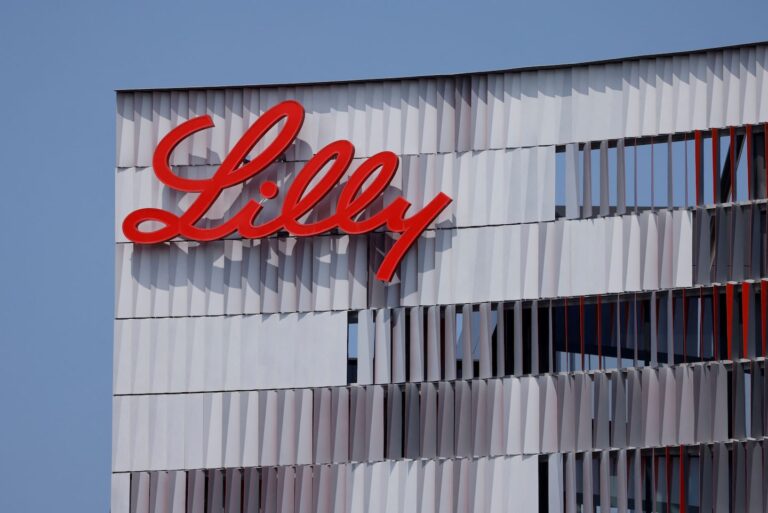Eli Lilly’s drug is one of the few treatments being developed for Alzheimer’s that modifies the underlying disease, and will join only one other, Leqembi, on the commercial market. The drug, which has been approved for the treatment of early symptomatic Alzheimer’s, does not stop the disease, but it has been shown to slow cognitive and functional decline.
The debate over the drugs is particularly heated because there is no cure for the disease, which affects more than 6 million Americans. Advocates for the memory-erasing disease that exacts a heavy toll on families have called for treatments, but the drugs are fraught with complications such as brain hemorrhages.
Kisunla, the brand name for donanemab, slowed cognitive and functional decline by 35% in patients with mild cognitive impairment over 18 months, according to a clinical trial. The drug works by removing a sticky plaque in the brain called beta-amyloid, which is associated with the disease.
Kisunla is the third amyloid-targeting drug to gain FDA approval since 2021, following two treatments — Aduhelm and Leqembi — jointly developed by drugmakers Eisai and Biogen.
Aduhelm’s approval has deeply divided the medical community, with critics saying there was no was not enough evidence to show that the drug worked. Drugmakers stopped marketing Aduhelm after it failed commercially. But Leqembi received a warmer reception because Later-stage data showed that treatment slowed cognitive and functional decline by 27% over 18 months, while Aduhelm had conflicting data.
But like the anti-amyloid drugs that came before it, donanemab has not been without controversy. Three patients who received the drug in a clinical trial died from a drug-related complication. The condition, called ARIA, can cause swelling or bleeding in the brain. No such deaths occurred in the placebo group. Critics have also said that donanemab’s benefits, while statistically significant, are modest. Advisory committee members cautioned that the risks and benefits could vary based on patients’ genetics and the stage of their disease.
In briefing documents last month, the FDA said it was not overly alarmed by the drug’s safety profile, writing that the results “are generally consistent” with the class of drugs that aim to reduce or eliminate amyloid plaques.
Although far from a cure, recent Alzheimer’s drugs have excited some researchers and advocates because of their potential to alter the course of the disease, buying time for those suffering from it.
The drug is given by infusion once a month. Eli Lilly’s approach is based on the fact that treatment with the drug can be stopped once a patient’s amyloid levels are reduced to a certain level. That could reduce the burden on patients, but it’s still unclear how to test for amyloid.
The approval is unlikely to provide a significant boost to Lilly’s profits in the short term. The Indianapolis-based company has a market capitalization of about $820 billion, the eighth-highest among publicly traded U.S. companies and the highest of any pharmaceutical company, according to S&P Global Market Intelligence. The company’s share price surge is largely due to the runaway success of its diabetes and weight-loss drugs, Mounjaro and Zepbound.
Still, the approval is a significant success for Lilly and could boost prospects for other drugs targeting amyloid, Wall Street analysts said.
This is a developing story and will be updated.


